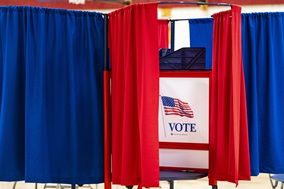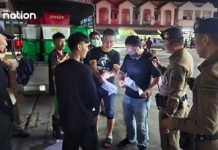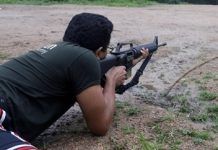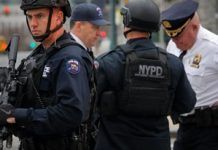U.S. intelligence agencies are better-positioned than they were in 2016 to confront foreign adversaries that try to meddle in this year’s presidential election, officials said. The spy agencies had an “ad hoc” approach when they tried to counter Russia’s bid to sow discord ahead of the 2016 vote, Central Intelligence Agency Deputy Director David Cohen told the INSA intelligence and national security conference.
“It doesn’t mean that our adversaries aren’t going to try to affect the election, it doesn’t mean they’re not going to be successful in some respects, but we are much better-postured in 2024 than 2016,” Cohen said.
The Mueller report into Russian meddling in the 2016 U.S. elections concluded that the country led a multimillion-dollar effort to criticise Hillary Clinton and support Senator Bernie Sanders and Donald Trump. This time, U.S. federal agencies are identifying and sharing information in a much more coordinated way, Cohen and others said.
“We’re anticipating that type of behaviour, and we’re well-prepared for it,” Paul Abbate, deputy director of the Federal Bureau of Investigation, said of possible threats from both Russia and Iran. In 2016, he said, threats in the cyber realm initially took the government “a moment to catch up with.”
This month, intelligence agencies blamed Iran for a hack of former President Donald Trump’s current presidential campaign, casting the intrusion as part of an increasingly aggressive effort by the Islamic Republic to disrupt the November election.
In July, the agencies warned that foreign adversaries — including Iran and Russia — would seek to influence the 2024 election in ways that favour their interests. That includes recruiting Americans to spread propaganda, according to the Office of the Director of National Intelligence.
Last week CISA, the government’s cybersecurity agency, held a tabletop exercise on election security with partners including the national associations for secretaries of states and state election directors. The exercise, which occurred over four days, allowed officials to plan for potential scenarios to improve response plans within the safety of a training environment,” participating officials said in a statement.
State and local election officials from across the country participated virtually. Federal participants included the Departments of Homeland Security, Justice, Defense, as well as intelligence agencies and postal service officials








